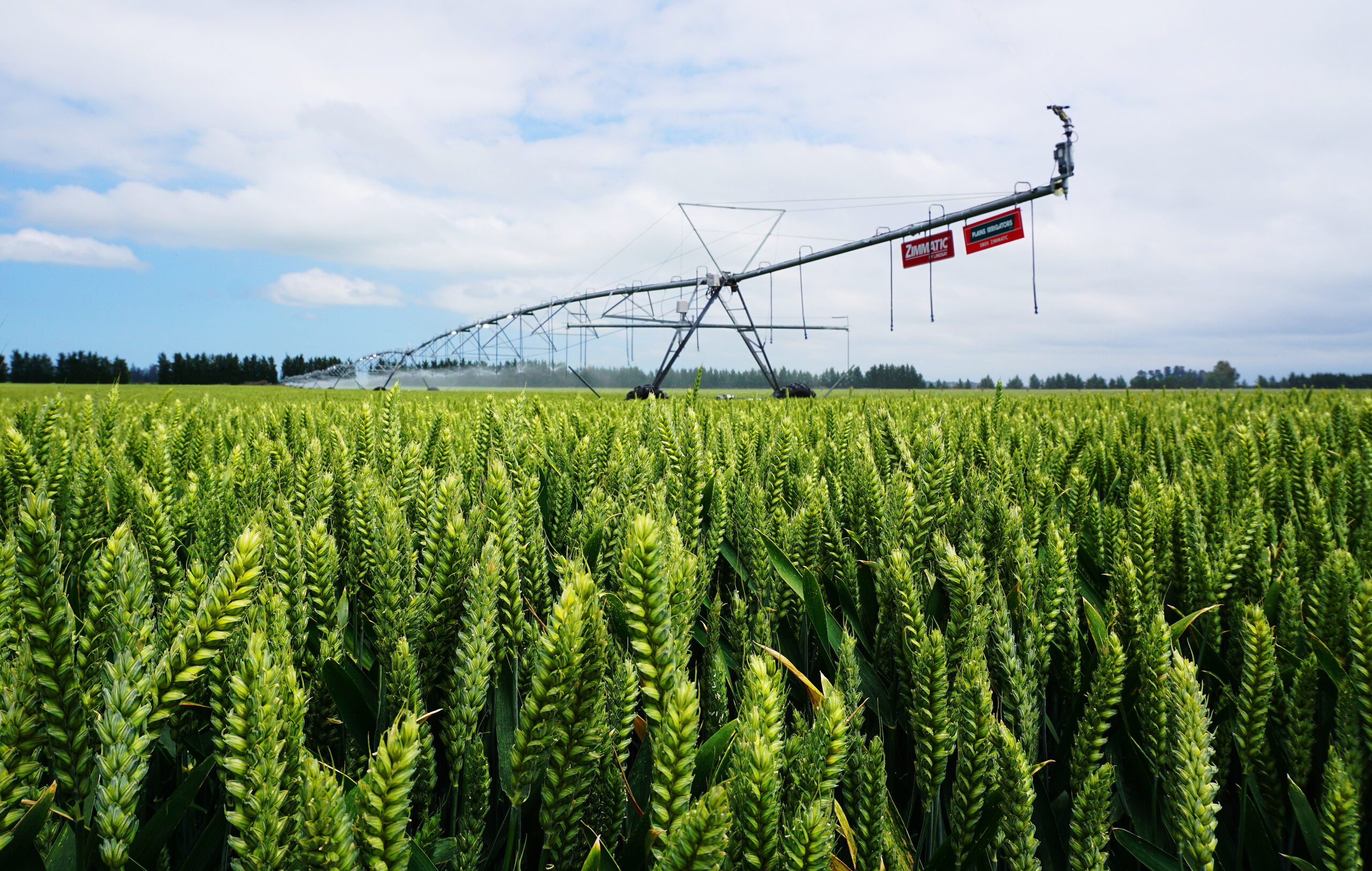Environmental activists – especially climate activists – have a long track record of not just getting the problems completely wrong, but advocating the worst responses. The Paris Agreement is a typical example: not only does it explicitly assume that climate change is an immediate existential threat to humanity (it isn’t), but its ‘solution’ will actually make its perceived problem worse by allowing the world’s single biggest carbon dioxide emitter to exponentially grow its already-Godzilla-sized carbon footprint.
Another of the great environmental bugaboos of the watermelon brigade is “factory farming”. Yet again, the environmentalists get the issue completely wrong and advocate disastrous ‘solutions’. Environmentalists hate large-scale mechanised farming – despite the fact that it has been an undeniable boon to both the environment and human beings.
Modern farming is better because it uses low-impact, “precision” techniques that require less land, less energy and fewer chemicals for every bushel produced. The secret has been to incorporate tools that use sensors, information and communications technology, big data, and even machine learning to reduce farming’s dependence on material resources.
The result is that farm production in the US alone has nearly tripled in the last 70 years. The same revolution has and is happening across the world, with the result that human beings are better fed than ever before in our history and the Earth is “re-wilding”. That is, as less and less land is being used to produce more and more food, more previously-farmed land is being turned back over to the environment.
Eco-activists like Vandana Shiva desperately want to undo all that. The green movement is besotted with ludicrous nostrums like “organic” and small-scale farming – which would be an unmitigated environmental disaster. “Organic” (a complete misnomer) farming produces drastically lower yields than modern farming. Meaning either less land for the environment or mass starvation – most likely, both. Hungry people tend to strip the natural environment clean.
As for “traditional”, small-scale farming: that brought on the greatest single environmental disaster in US history.
In the 1930s, after low-yield cropping was extended onto the drought-prone Southern Plains, the soil blew away, creating the disastrous Dust Bowl.
The solution was, and is, modern, “factory” farming. Technology, from genetic engineering to GPS, has revolutionised farming.
Cropland expansion could finally be halted in the 1950s, once scientists had developed higher-yielding hybrid seeds. In the 1970s, engineering advances allowed farmers to plant seeds in unplowed fields, which reduced erosion, conserved soil moisture, sequestered carbon and saved on diesel fuel.
New irrigation systems then began to replace wasteful flooding, while lasers leveled the fields to eliminate surface runoff. In the 1990s, farm tractors acquired GPS auto-steering, which ended wasteful gaps and overlaps in the field. This was followed by digital soil mapping, which could tell “smart” farm equipment to apply chemicals at variable rates tailored to each location’s differing soil characteristics. The spacing of seeds can also be varied with astonishing, sub-inch precision thanks to modern GPS equipment. And genetically engineered seeds now allow farmers to protect against weeds and insects with fewer chemical sprays.
A farmer friend a few years ago proudly showed off his new, computerised irrigation system. Instead of just guessing which paddocks were dry and towing around an inefficient sprinkler, the new system constantly monitors soil moisture and robotically targets irrigation for maximum yield. Even the sprinklers were designed to minimise spray drift. The entire system could be run from his phone back at the house.
As a result of such innovations, corn production in the US increased 500%, while acreage planted declined by 20%. Water and energy use per bushel each fell by nearly half, greenhouse gas emissions by one-third.
Fertiliser use has flatlined since 1981, even as crop production nearly doubled. Pesticide use is 80% lower than its 1972 peak.
Despite the greens’ romantic delusions, fuelled by too many re-runs of The Good Life, small-scale “organic” farming is irrelevant to this astonishing environmental revolution. Average farm size has doubled, while less than 1% of US cropland is certified “organic”.
Meat is the other great demon of the green movement. Yet the feed requirement for pork production has nearly halved; chicken feed use by more than a third. Beef now uses 19% less feed, 12% less water, 33% less land, and – perhaps most amazingly – 30% fewer animals.
Dairy production is even more mind-bogglingly efficient, using 90% less land than a century ago, and 79% fewer animals. It is calculated that a glass of milk today has just a third of the climate impact than in 1950.
For all that, despite the addle-brained militancy of protein-deprived vegan activists, animal welfare standards have improved.
A 2008 European Union directive now requires more space for farm animals raised indoors. In the large pork sector (Europe produces almost twice as much total pork as the U.S.), the EU now requires that pigs have ample light, less noise and more space. To help these highly intelligent animals overcome boredom, the directive even requires that pigs have access to “material to enable proper investigation and manipulation activities”—that is, toys.
While they will almost certainly never replace real meat, plant-based fake meats will nonetheless be an important source of protein for much of the world in the future.
Food demands world-wide will continue to grow, so yesterday’s farming technologies cannot begin to protect the planet. Only a continued shift toward low-impact, precision farming—and eventually toward substitutes for animal products—will make global food production sustainable.
Wall Street Journal
If you want to feed the world and save the environment, forget the hippy fantasies of middle-class greenies going “back to the land” in a pair of old wellies and an old jumper.
Thank a “factory farmer” instead.
Please share this article so that others can discover The BFD

